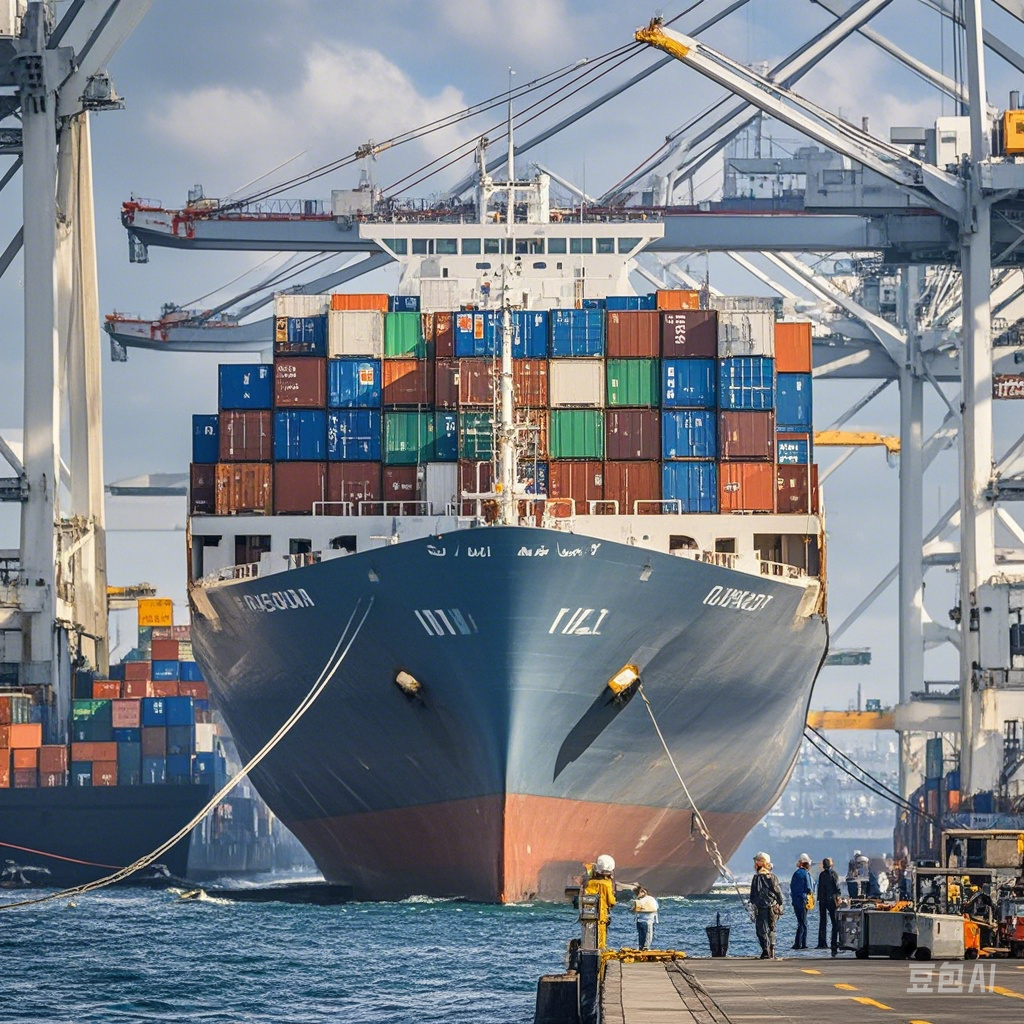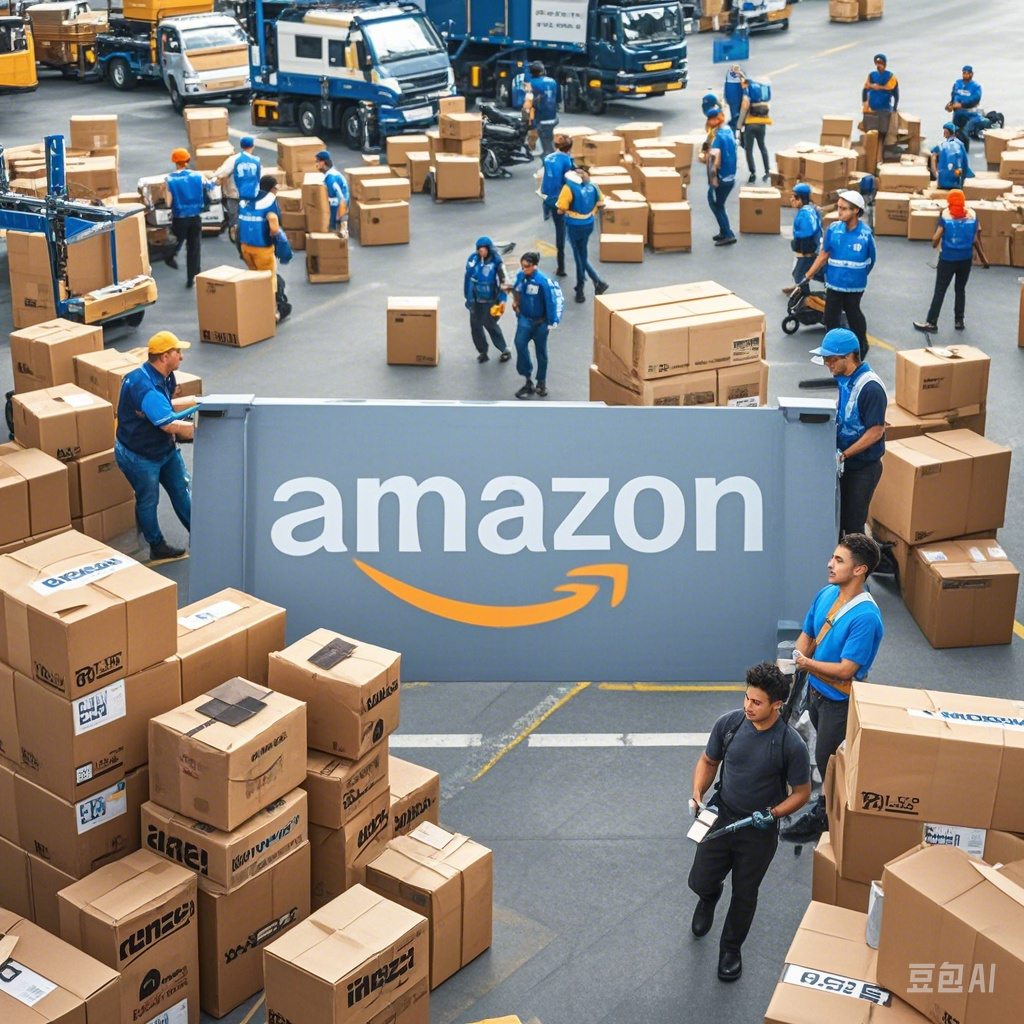Global events can have a profound impact on the operations of Amazon FBA and the international freight forwarding industry that supports it.
The Impact of Extreme Weather Events
Extreme weather events, such as blizzards, hurricanes, and floods, can disrupt the normal operation of logistics in multiple ways. For example, a blizzard can cause transportation disruptions, making it difficult for trucks to deliver goods to Amazon's warehouses or for shipping containers to be loaded and unloaded at ports. In early 2024, some Amazon FBA warehouses in the United States were temporarily closed due to blizzard weather, resulting in the inability of sellers' goods to be delivered to the warehouses in time. This not only led to delays in product listings but also increased the risk of goods being damaged or lost during transportation. Additionally, extreme weather events can also damage transportation infrastructure, such as roads, bridges, and ports, further exacerbating the logistics disruptions. For instance, a hurricane may damage a major port, causing delays in the handling of shipping containers and affecting the timely departure and arrival of vessels.
The Influence of Geopolitical Situations
Geopolitical situations also have a significant impact on international freight forwarding. The Red Sea crisis, for instance, has had a major impact on global shipping routes. Many shipping companies have had to reroute their ships to avoid the affected areas, which has increased shipping costs and extended shipping times. The insurance companies have also become more cautious in providing war risk coverage for ships in the Red Sea area, adding to the uncertainties and costs of international freight forwarding. Another example is the trade tensions between different countries, which can lead to the imposition of tariffs, trade restrictions, and changes in customs regulations. These factors can all affect the flow of goods and the operations of international freight forwarders serving the Amazon FBA business. For example, if a certain country imposes higher tariffs on imports from another country, it may reduce the demand for goods from that country and affect the volume of freight forwarding business between the two countries.
The Spread of Infectious Diseases
The spread of infectious diseases, such as the COVID-19 pandemic, has also had a profound impact on the Amazon FBA and international freight forwarding industries. During the pandemic, many countries implemented lockdown measures and travel restrictions, which severely disrupted the global supply chain. Workers in warehouses and transportation sectors were affected, leading to labor shortages and reduced operational efficiency. At the same time, the demand for certain types of goods surged, while the supply of others was disrupted, causing imbalances in the market. For Amazon FBA, the pandemic led to increased demand for essential goods but also challenges in ensuring the timely delivery of these goods due to the disruptions in the logistics network. International freight forwarders had to adapt to the new circumstances, such as implementing strict health and safety measures, adjusting their shipping schedules, and dealing with the fluctuations in demand and supply.

Responses and Adaptations
In response to these challenges, Amazon and international freight forwarders need to take corresponding measures. Amazon may need to strengthen its risk management and contingency plans. This includes establishing alternative warehousing and distribution channels in different regions to ensure the normal operation of its business in case of disruptions in a particular area. For example, Amazon can set up backup warehouses in areas less affected by extreme weather events or geopolitical tensions to ensure the continuous supply of goods. Additionally, Amazon can work closely with local governments and logistics partners to expedite the recovery of logistics operations after a major disruption.
International freight forwarders, on the other hand, should strengthen their risk assessment capabilities. They need to closely monitor global events and their potential impacts on the logistics industry, and develop contingency plans in advance. This could involve diversifying their shipping routes to reduce the dependence on a single route or region, building stronger partnerships with multiple shipping companies and logistics providers, and enhancing their flexibility to respond to unexpected events. At the same time, freight forwarders should also improve their communication and coordination with Amazon and other clients to ensure the timely sharing of information and the smooth implementation of logistics plans.









